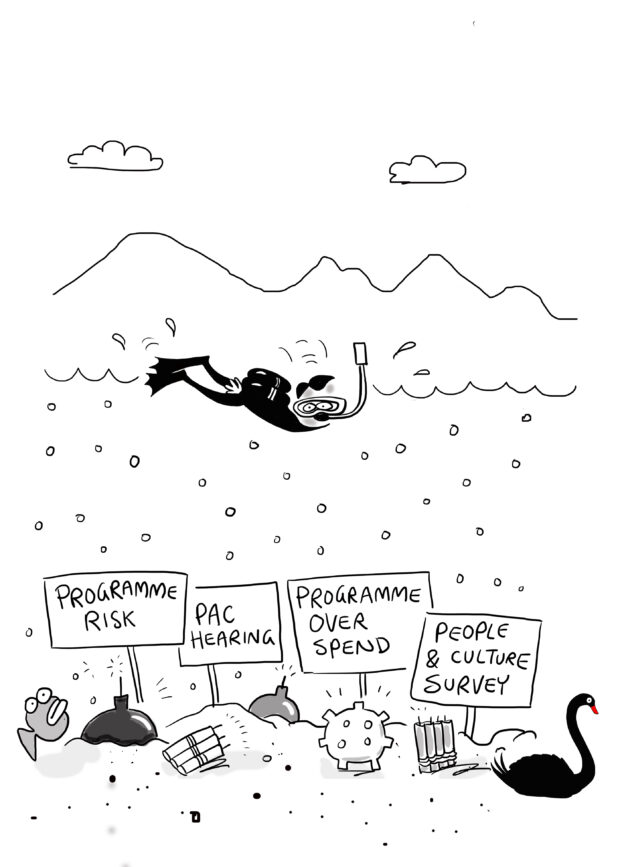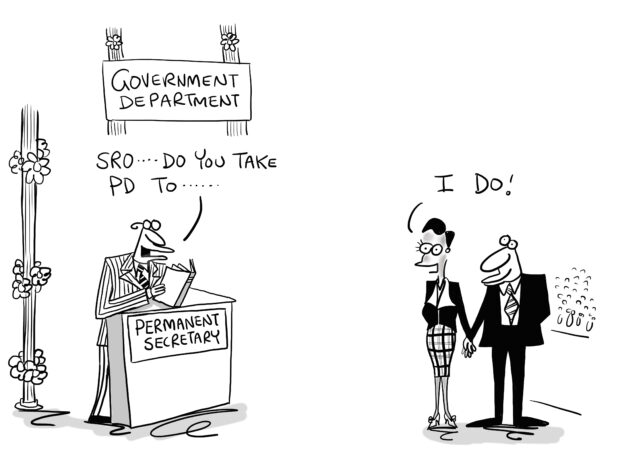Leadership with clear accountability is a critical factor in whether or not a major project is delivered successfully. And there’s no role more critical than that of the senior responsible owner, or SRO.
So being clear about what the role of SRO involves, and how it relates to other project leadership roles, is essential in setting up projects for success. And yet for the new SRO, the requirements of the role can sometimes seem bewildering.
Help for SROs
That’s why we’ve produced new guidance on the role of the senior responsible owner (SRO). This sets out:
- the key requirements and accountabilities of the SRO role, drawing on the project delivery functional standard and the osmotherly rules;
- how the SRO’s role relates to other key leadership roles in major projects, particularly the accounting officer and the project director;
- best practice on appointments, development and support for SROs - drawing on the experience of existing project leaders across government.
The guidance also sits alongside a second publication, The Art of Brilliance, a new handbook for SROs of transformation projects. This focuses on the behaviours that really matter in leadership and some of the challenges we’ve all wrestled with: for example, when to deep dive and when to stay on the surface.

A stronger focus on capacity and capability
Of course, this isn’t a new priority. SRO capability and capacity have been key areas of focus for some years, particularly in relation to government major projects (GMPP). There has been progress. For example, over 400 major project leaders have now graduated from the Major Projects Leadership Academy; and the IPA’s Annual Report on Major Projects 2018-19 draws attention to a positive downward trend in turnover over recent years.
From this, however, we’re also learning more about project leadership and what really matters. For example, as we build the capability of our SROs, it’s also clear that we need to focus, not just on the skills and experience they need to lead major projects, but also on ensuring that they have the time and space to do so.
Not all projects need a full-time SRO - although some of our biggest major projects certainly do. What matters is that SROs are given the time to lead their projects; that their time commitment and accountabilities are agreed from the outset, together with those of the project director; and that these are then kept under review as the project evolves. And we know that this is not always the case currently.

So the IPA will continue to work with departments, accounting officers and SROs to ensure that projects are set up for success, and that our project leaders have the capacity and capability they need to deliver them successfully.
Alongside, we’ll also continue to work with our growing community of major project leaders to learn more about what they need - both to support them, and to help build the capability of the next generation of major project leaders in government.
Recent Comments